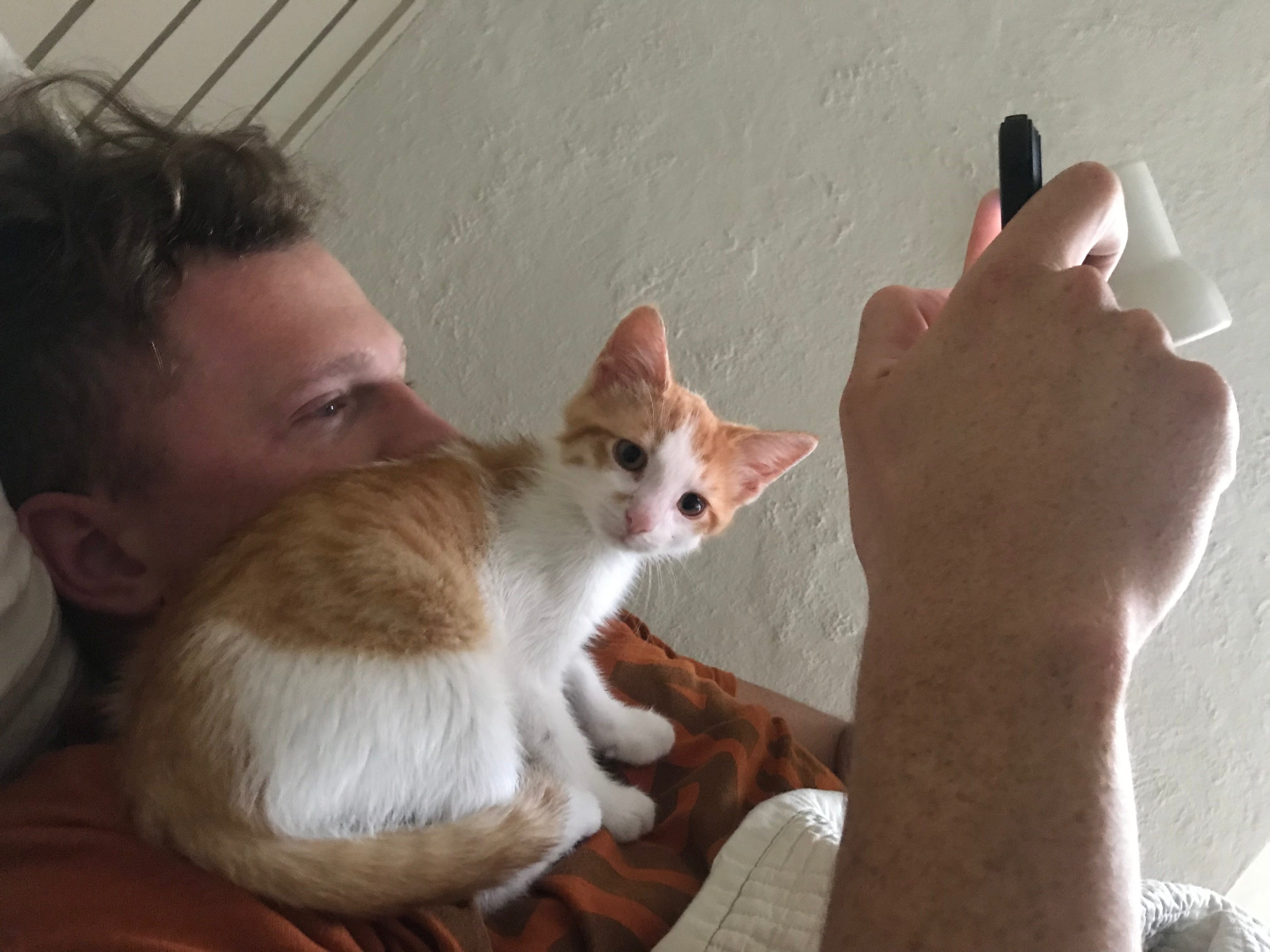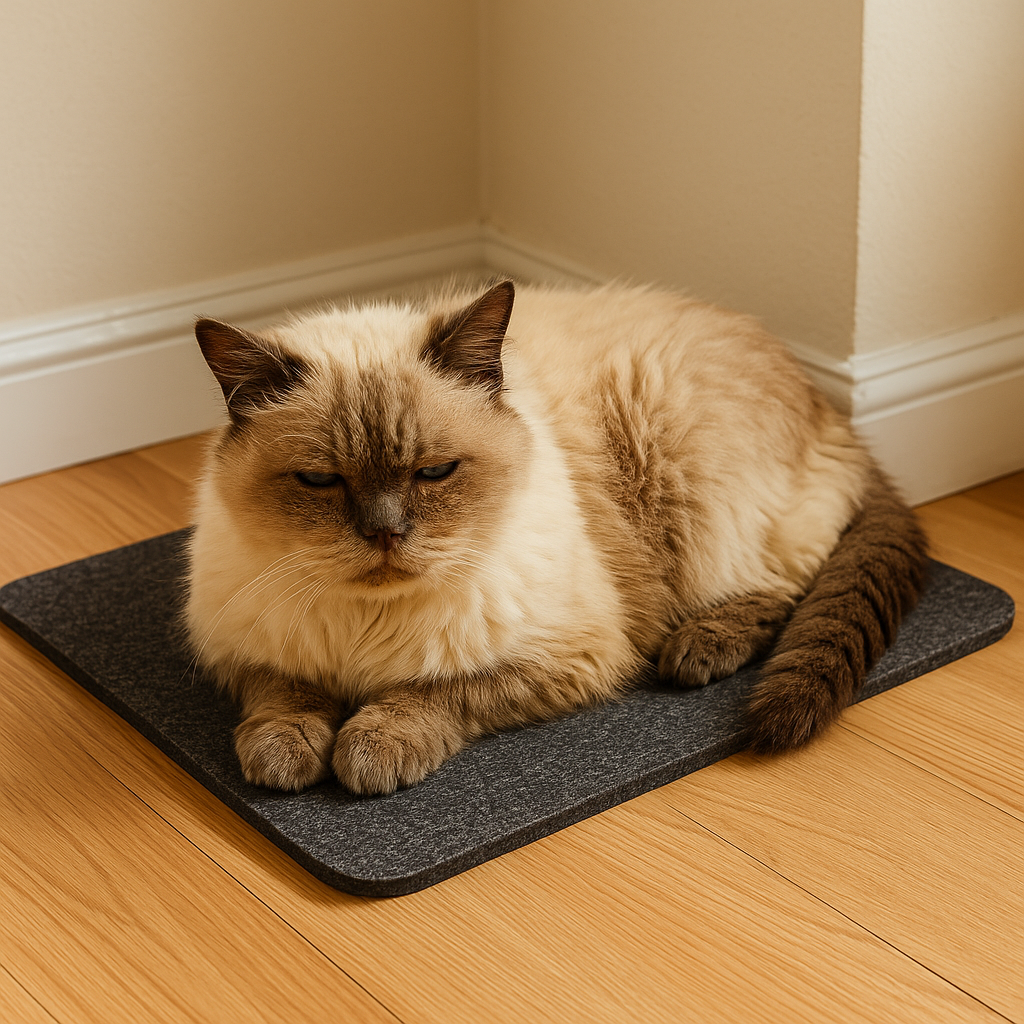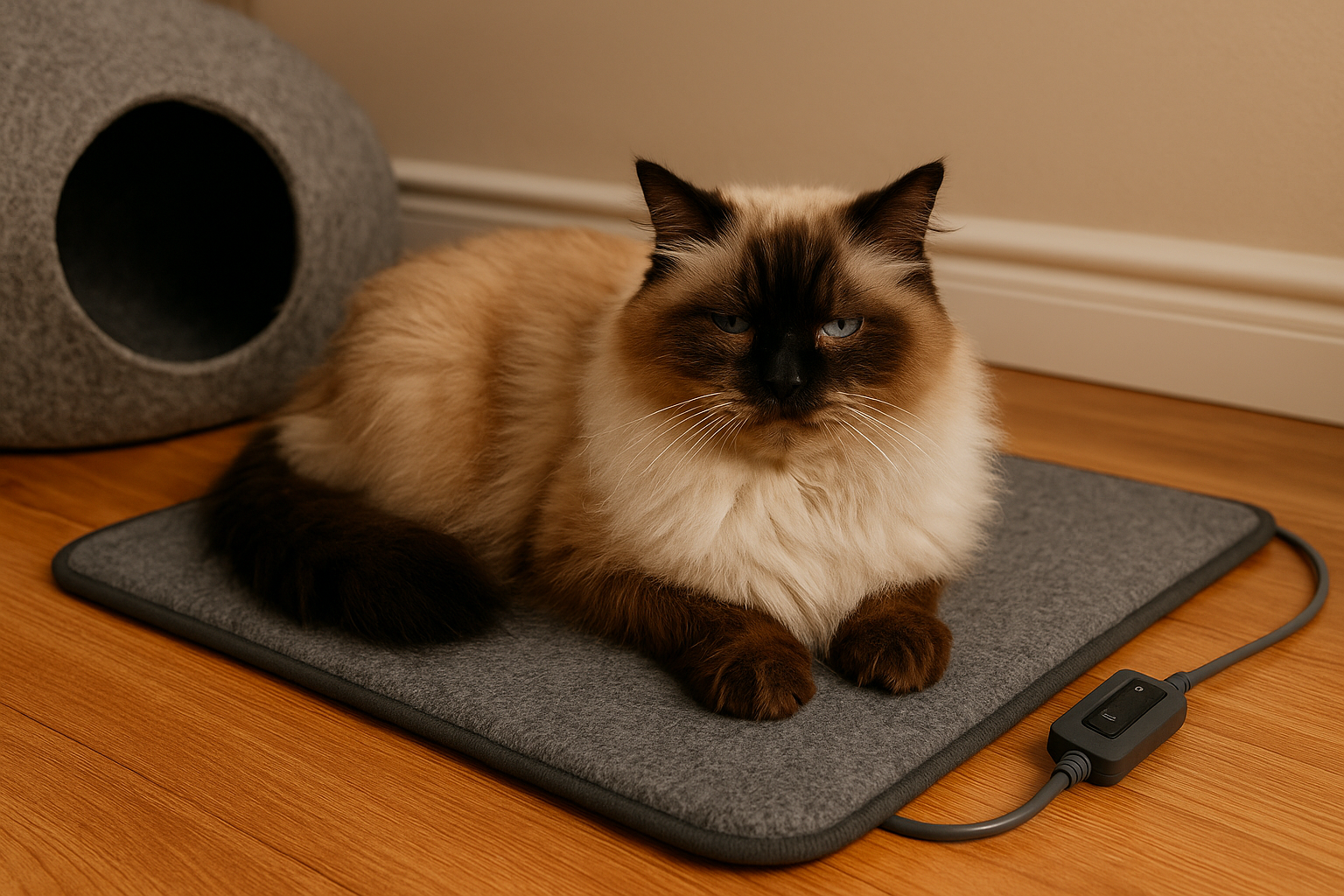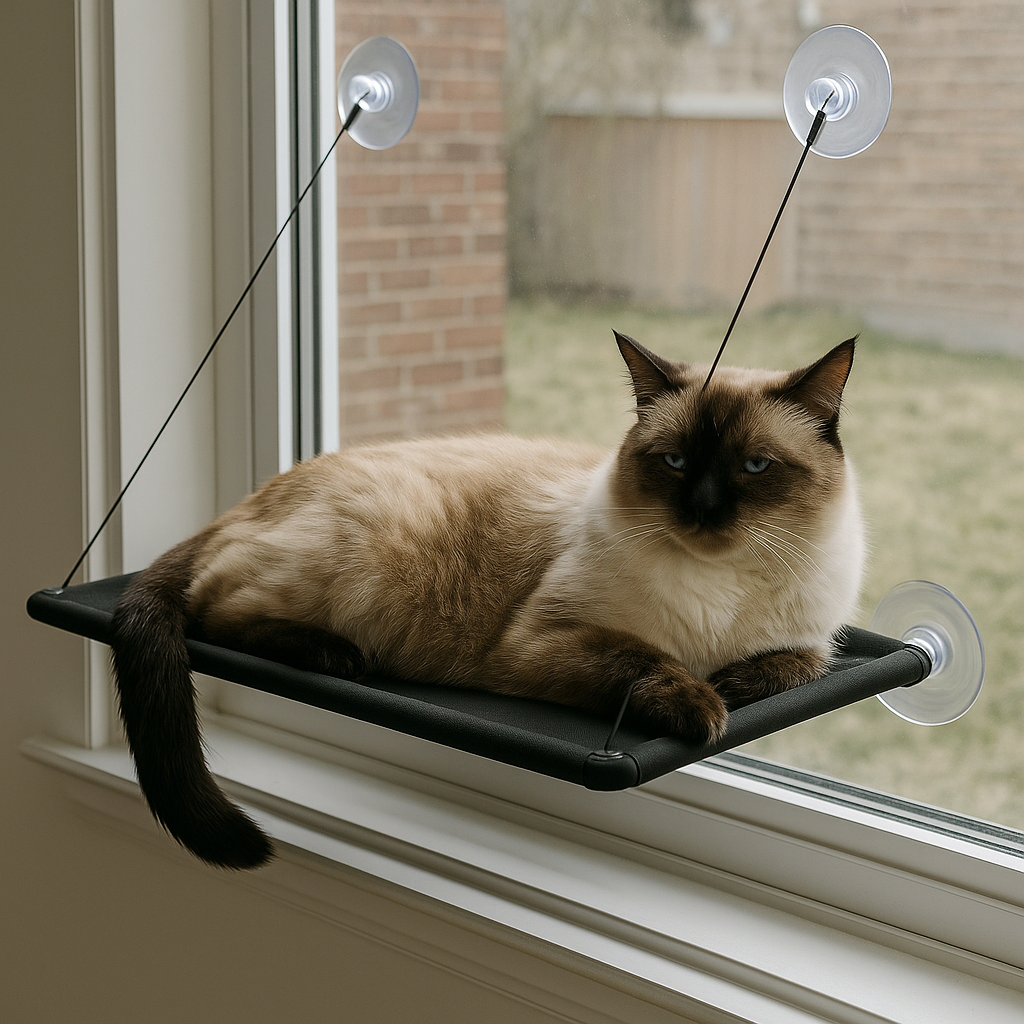Healthy Cat Coat Tips: Shiny, Smooth Fur for Your Kitty 2025 🐱✨
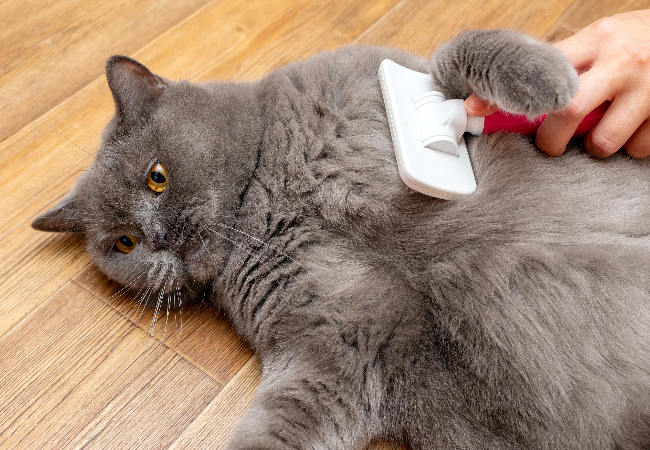
In this article
Healthy Cat Coat Tips: Shiny, Smooth Fur for Your Kitty 2025 🐱✨
By Dr. Duncan Houston BVSc
A cat's fur isn’t just for looks—it’s a reflection of their overall health. A soft, shiny coat usually indicates good nutrition, proper grooming, and overall wellness, while a dull or patchy coat could be a sign of underlying health issues. Keeping your cat’s fur healthy takes a combination of diet, grooming, supplements, and care. Here’s how you can help your cat shine from head to tail.
🥩 1. Feed a Balanced, Nutrient-Rich Diet
The foundation of a healthy coat is a high-quality diet. Cats are obligate carnivores, meaning they need protein from animal sources to thrive. Look for cat foods that:
-
List meat or fish as the first ingredient
-
Include essential fatty acids, particularly Omega-3 and Omega-6, which promote healthy skin and fur
-
Contain vitamins and minerals like zinc, vitamin E, and biotin for coat health
💡 Tip: If your cat is picky or has dietary restrictions, consult your vet for personalized nutrition advice.
🪮 2. Groom Regularly
Brushing your cat isn’t just about keeping hair out of your furniture—it’s essential for coat health. Regular grooming:
-
Removes loose hairs and prevents mats
-
Stimulates the skin’s natural oils, which keep fur shiny
-
Helps you check for lumps, bumps, or parasites
🐾 How often to brush?
-
Long-haired breeds (e.g., Maine Coon, Persian): daily brushing
-
Short-haired breeds (e.g., American Shorthair): 1-2 times a week
💡 Tip: Use the right brush for your cat’s coat type: slicker brushes for long hair and bristle brushes for short hair.
🧴 3. Use Specialty Cat Shampoos and Conditioners
Occasional baths can enhance your cat’s shine, especially for long-haired breeds. Choose cat-specific shampoos and conditioners that:
-
Are gentle on sensitive skin
-
Contain nutrients to enhance shine and softness
-
Include moisturizing ingredients like aloe or oatmeal
💡 Tip: Never use human shampoo on your cat—it can irritate their skin.
🌿 4. Consider Omega-3 and Omega-6 Supplements
If your cat’s diet lacks essential fatty acids, supplements can help:
-
Reduce inflammation and dry skin
-
Promote a soft, shiny coat
-
Support overall skin and joint health
💡 Tip: Always consult your vet before starting supplements—they can recommend the proper dosage.
💧 5. Keep Your Cat Hydrated
Hydration isn’t just about preventing urinary issues—it also affects the coat:
-
Well-hydrated cats have healthier skin, which translates to shinier fur
-
Wet food can be a great source of hydration if your cat doesn’t drink enough water
💡 Tip: Try a cat water fountain to encourage drinking. Cats often prefer running water!
🩺 6. Regular Vet Check-Ups
A dull or patchy coat can sometimes indicate underlying health problems, such as:
-
Thyroid disorders
-
Skin infections or parasites
-
Nutritional deficiencies
Your vet can recommend dietary adjustments, supplements, or treatments if necessary. Regular check-ups also help detect problems before they affect your cat’s coat.
💡 Bonus Tips for a Gorgeous Cat Coat
-
Avoid over-bathing: Too many baths can strip natural oils
-
Protect against fleas: Fleas can irritate the skin and lead to hair loss
-
Manage stress: Stress can lead to over-grooming and patchy fur




